The billion dollar fraud
Will Donald Trump go down due to his dubious ties to the former Soviet Union? The president seems to be getting in deeper and deeper. Special prosecutor Robert Mueller, who is investigating if Trump colluded with Russia in order to win the elections, is also digging into Trump’s past as a business man. In that past, one of Donald Trump’s business partners plays a crucial role, Felix Sater. A convicted felon who has ties with the Russian mafia. Last May, Zembla disclosed how an American real estate company, run by Sater, used Dutch mailbox companies within a network, which has been suspected of laundering money. Allegedly $1.5 million dollars had been diverted. Donald Trump developed hotels and apartment complexes with this suspicious company.
In the last few months ZEMBLA received indications of a greater fraud. A billion dollar fraud. And here Sater, Trump’s questionable business partner, shows up, as well. The money trail leads to Kazakhstan, to real estate projects in New York and again to the Netherlands. ZEMBLA investigates: How compromising is this case for the current president of America?
The Dubious Friends Of Donald Trump: Part Two: King Of Diamonds
The Dubious Friends of Donald Trump: Part One: The Russians

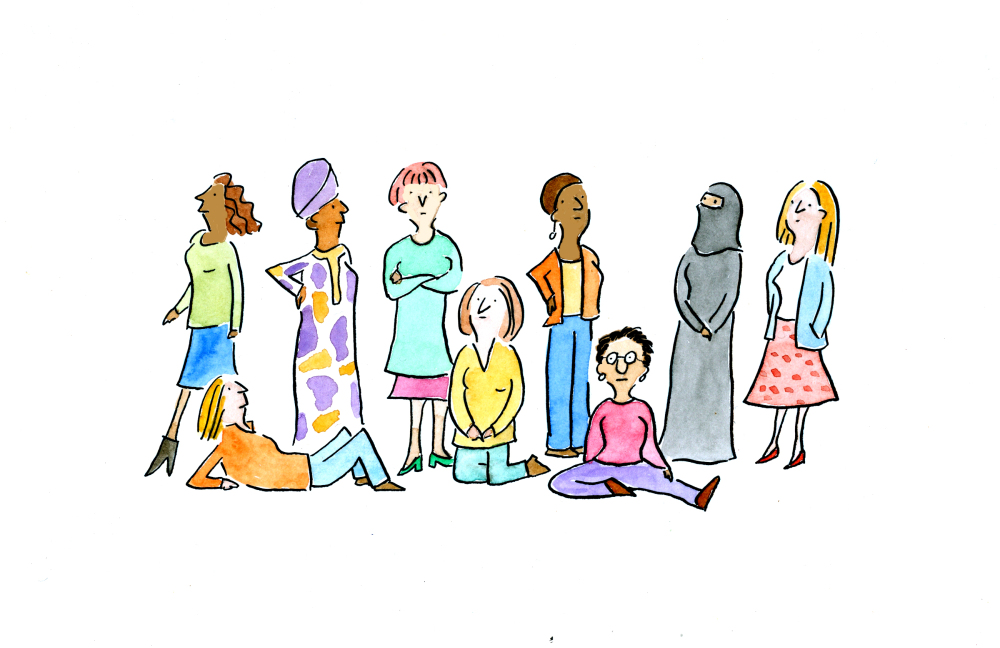


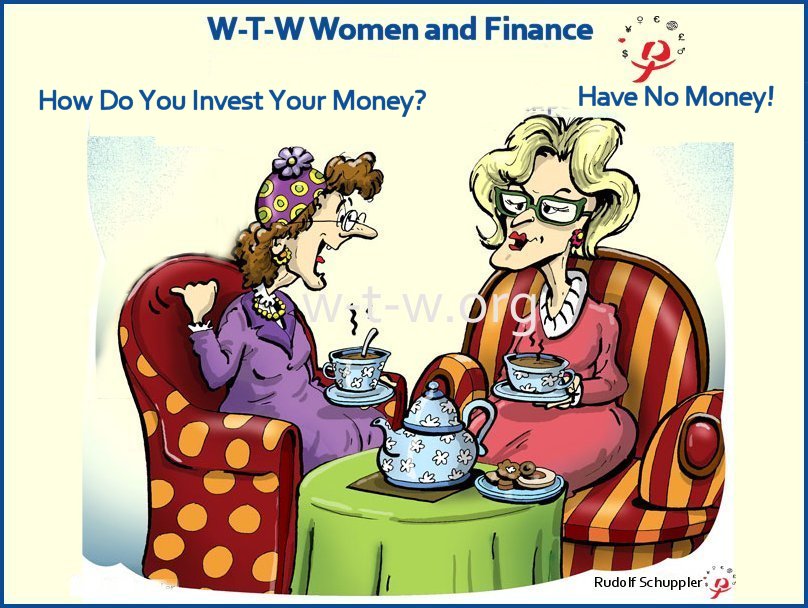


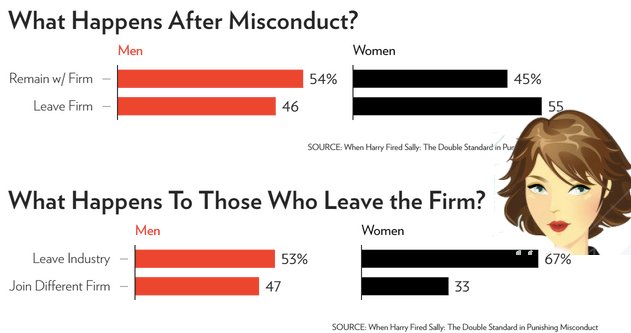
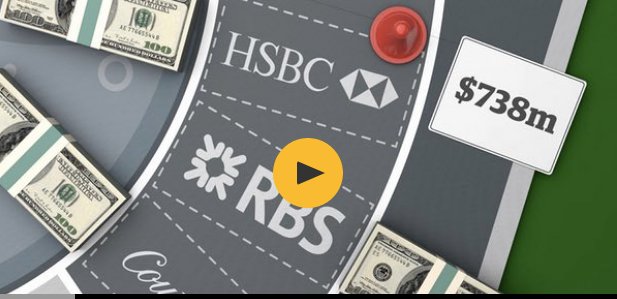

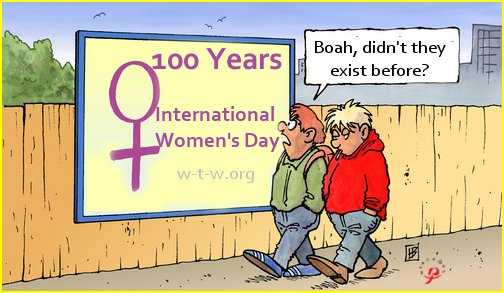
 An Italian court sentenced on Wednesday
An Italian court sentenced on Wednesday